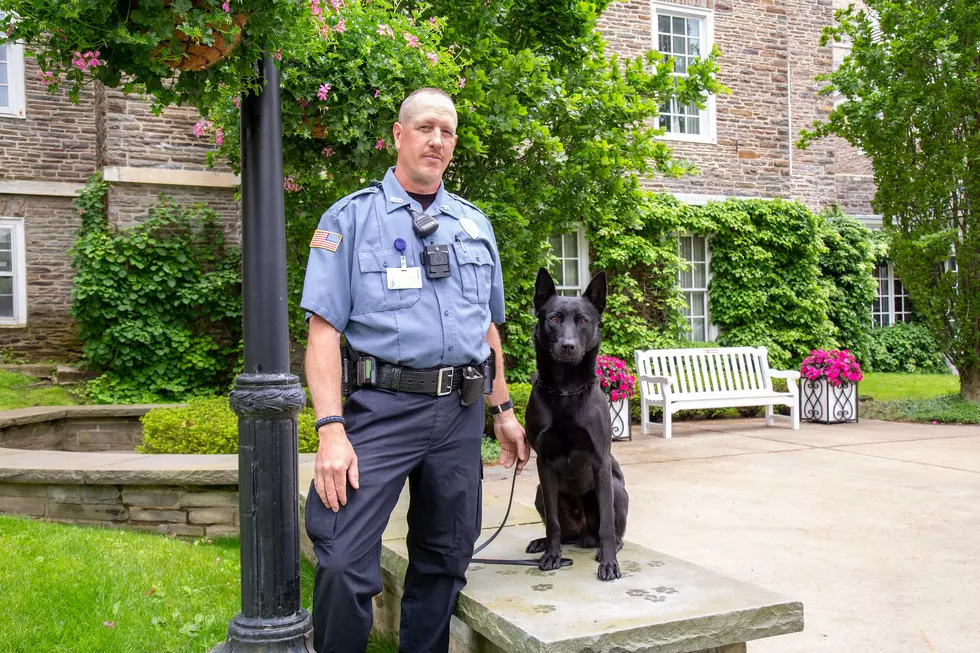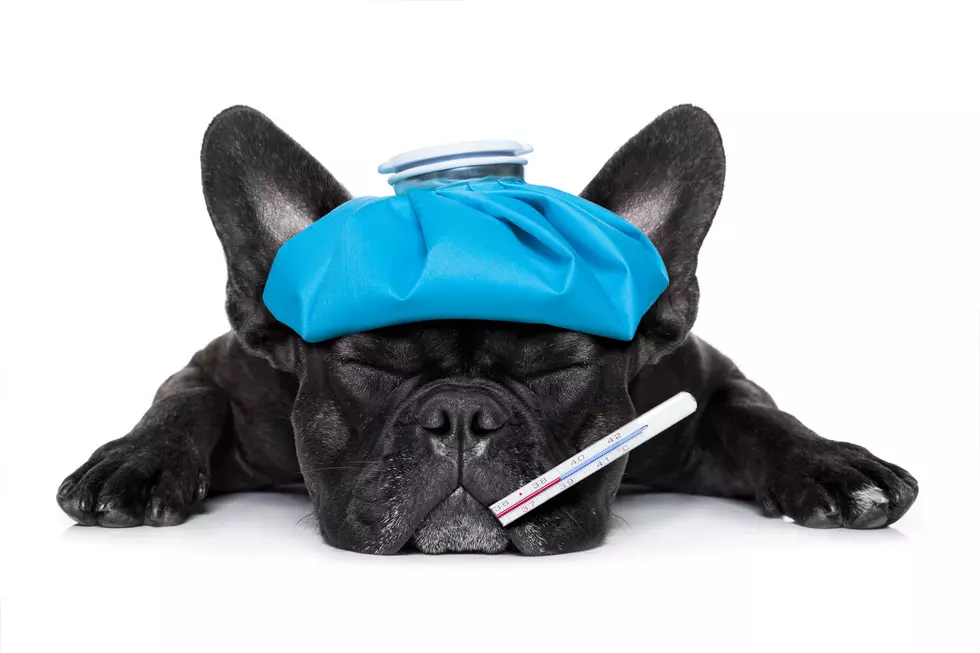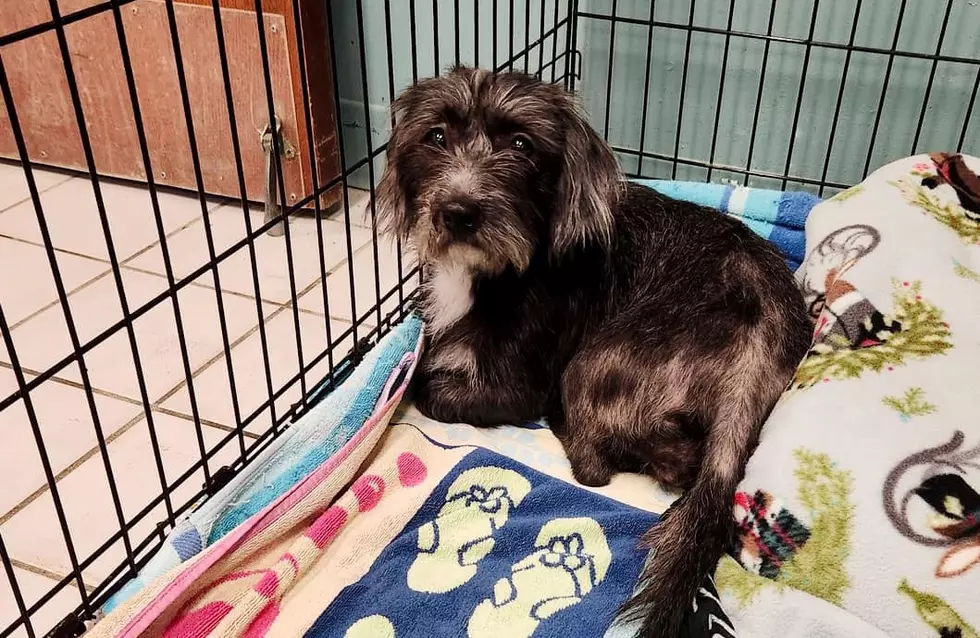
New Security Dog at Upstate NY Hospitals
The Bassett Medical Center has added its first four-legged member to their team, and he's definitely the best doggo.
Hudson, a 3-year-old Belgian Malinois, is the first dog to join the hospital's new K-9 security program. He is joining his new human partner Robert Meiser, who has four years of hospital security under his belt. The pair went through extensive training before starting rounds at the Cooperstown location in June and officially starting their duties on Monday. Meiser said in the hospital's press release that he and Hudson "bonded immediately."
Harold Southworth, the Director of Public Safety and Transportation, said in the press release that Meiser and Hudson have been on the road throughout the eight counties Bassett serves to introduce the team and program. While Hudson's main duty is to maintain and promote hospital security, he is also a source of comfort for patients and families.
“The presence of a K-9 team is shown to be extremely effective in promoting safety,” Southworth said. “Hudson is extremely intelligent and adaptable to the moment. His presence can immediately calm a highly charged situation, and he is an approachable, comforting distraction when called upon, such as for children in the emergency department.”
Hudson wears a K-9 vest, so he is technically on the clock, but people can approach him by first asking his handler and waiting for an affirmative response, according to the press release.
While Hudson is the first dog to join the security team at the Bassett Healthcare Network, a number of hospitals across America have already started to implement K-9 security programs. Bassett Medical Center President William LeCates said in the press release that although the program was "a complicated undertaking," he is appreciative for Meiser and the entire security team at Bassett who made the program a reality.
"The presence of a K-9 team adds an important new dimension to our security program and represents our ongoing commitment to the safety of our patients, visitors and caregivers," LeCates said.
More From Big Frog 104









